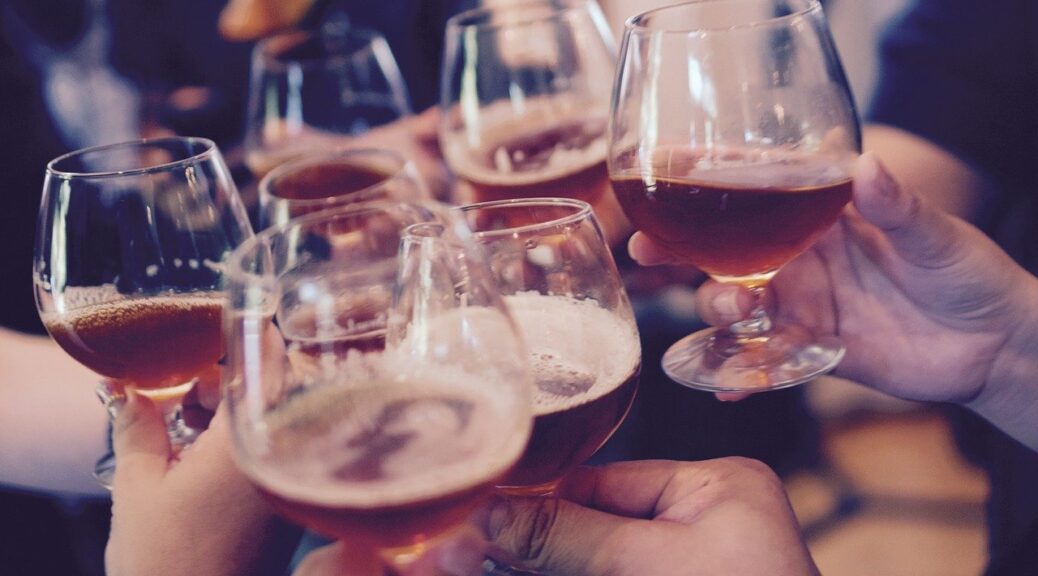
New Study to Assess the Impact of California’s Mandatory Responsible Beverage Service Training Law
Klein Buendel is collaborating with Dr. Robert Saltz and his team from the Pacific Institute for Research and Evaluation (PIRE) in California on a new research project to assess the impact of California’s new mandatory Responsible Beverage Service training law intended to prevent alcohol-involved motor vehicle crashes and other harms.
Intoxicated driving continues to play a significant role in automobile accidents and fatalities. In response, California passed the Responsible Beverage Service Training Act of 2017. According to the California Department of Alcoholic Beverage Control, the law requires alcoholic beverage servers in California to attend responsible beverage service (RBS) training by July 1, 2022. Alcoholic beverage servers will be trained on the dangers of overserving alcohol to patrons in an effort to curb alcohol-related harm within local communities, particularly in regards to drunk driving and alcohol-related crimes. This change in law creates a new statewide mandate for licensees and a new training requirement for an estimated 1 million servers.
The new research study will examine whether there is a significant reduction in single nighttime motor vehicle injury crashes after implementation of the mandatory RBS training law, controlling for other factors in California that may influence this outcome, and the national trend in fatal alcohol-involved motor vehicle crashes. A second aim will address the question of whether the state mandate could have greater impact through wider use of high-quality evidence-based RBS training, or through RBS training supplemented by boosting management motivation to support the training objectives. The training program that will be implemented is the WayToServe® (WTS) online RBS training program developed and evaluated by PIRE, Klein Buendel, and the University of New Mexico. Currently, WTS is licensed to and sold by Wedge Communications LLC in multiple states.
A randomized controlled trial design will be used to examine the change in the refusal rate for alcohol service to pseudo-intoxicated patrons in a sample of 450 licensed on-premises bars and restaurants from 2020 (baseline) to 2024 (post-implementation of mandatory RBS training law). The evaluation will determine whether any change is more pronounced among bars that receive the original WTS RBS Training or the enhanced WTS Training Plus program. A significant feature of this design is that unlike previous evaluations of RBS training, this project will be able to document both short-term and long-term outcomes. This is especially important for a statewide implementation where it cannot be known in advance how quickly or slowly servers will undertake the training, and how quickly, if at all, the training will have an effect on server behavior.
This research project will be funded by the National Institute on Drug Abuse (Dr. Robert Saltz, Principal Investigator). Collaborators include Dr. David Buller and Dr. W. Gill Woodall from Klein Buendel.